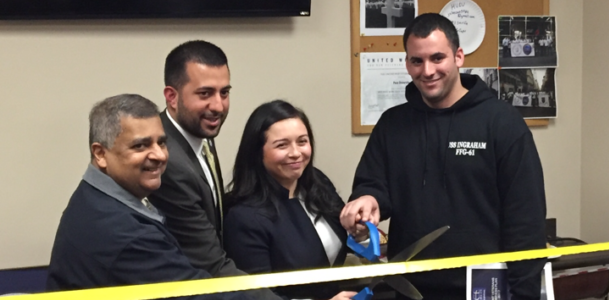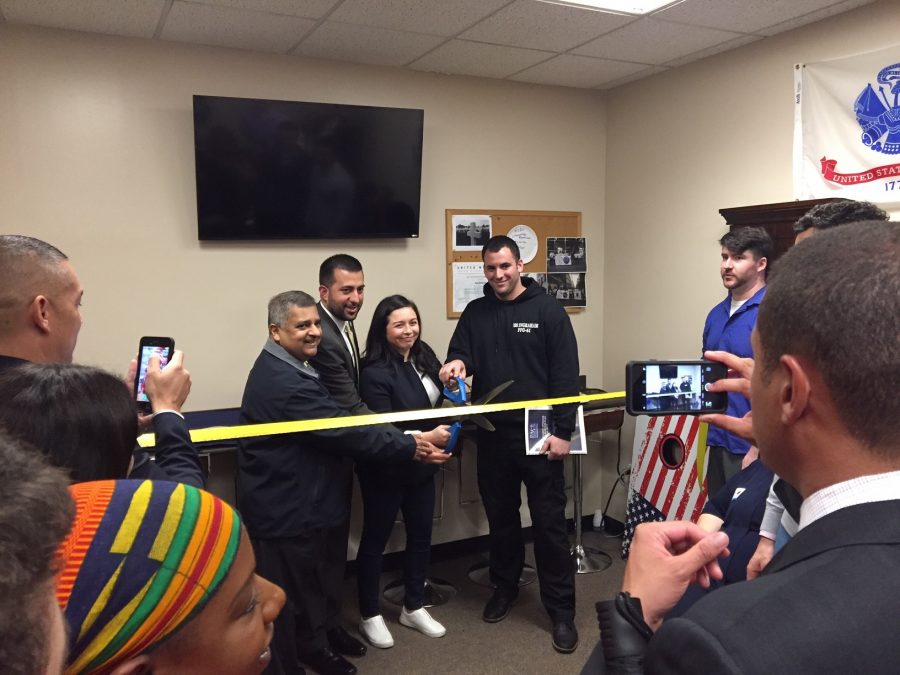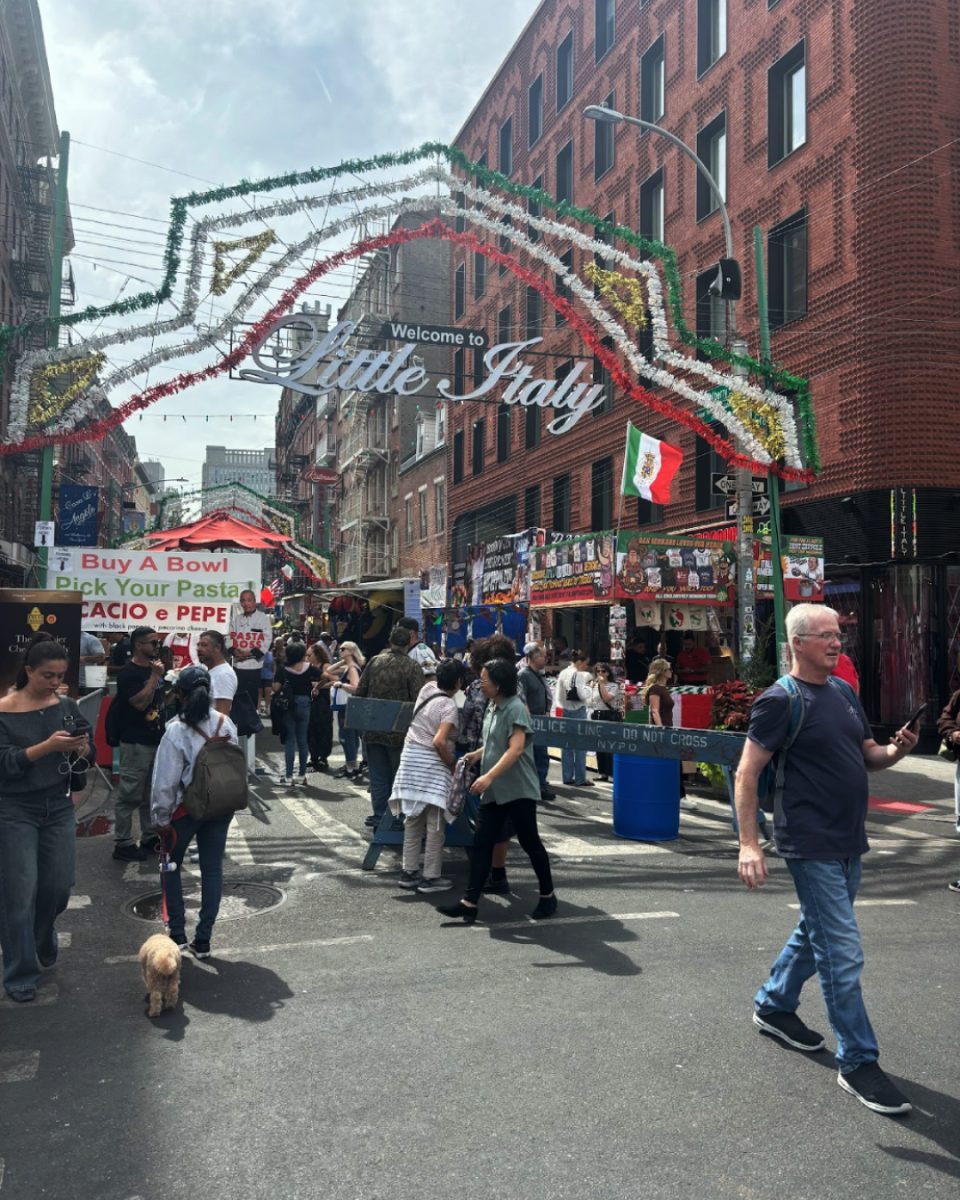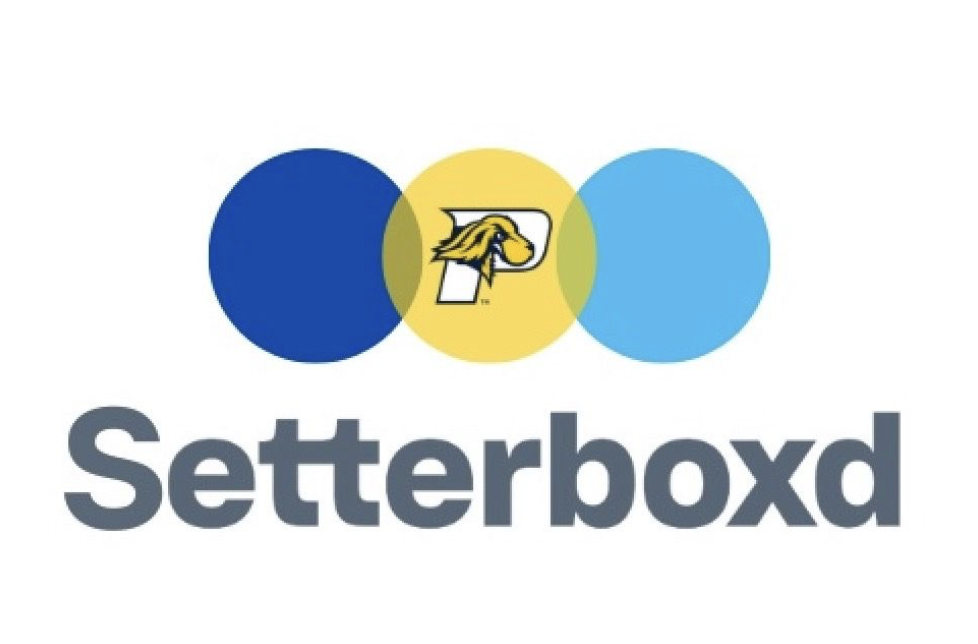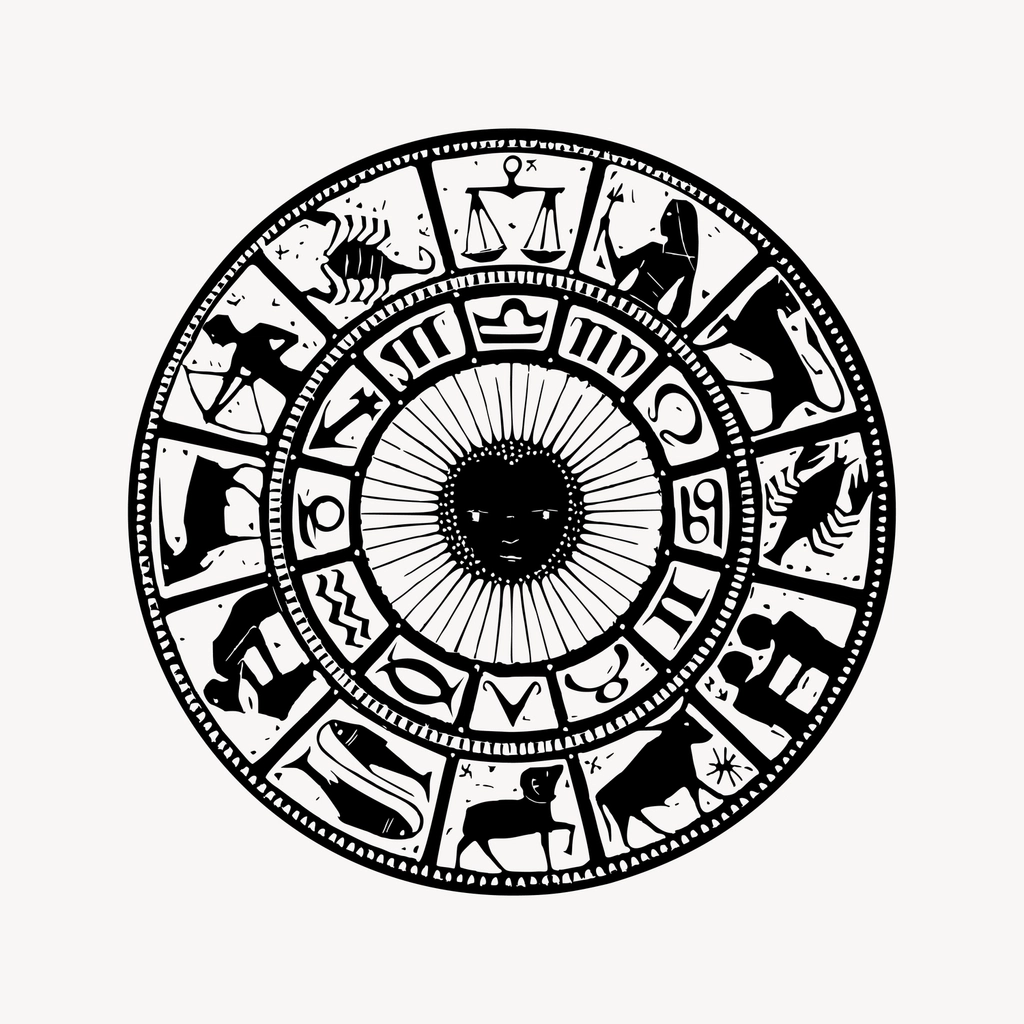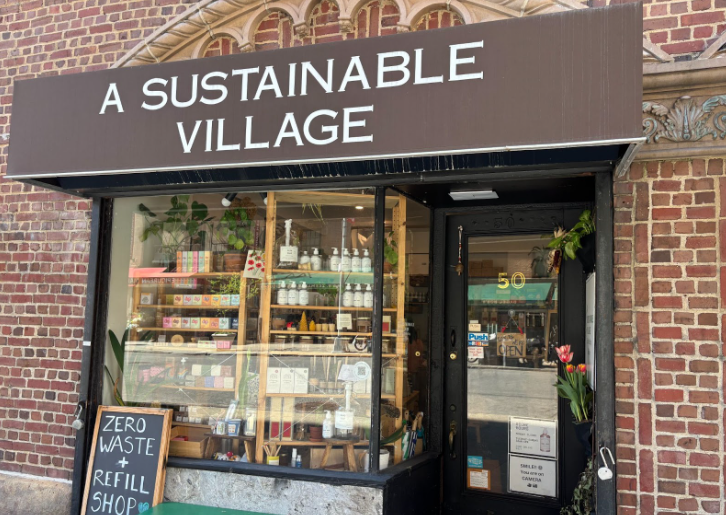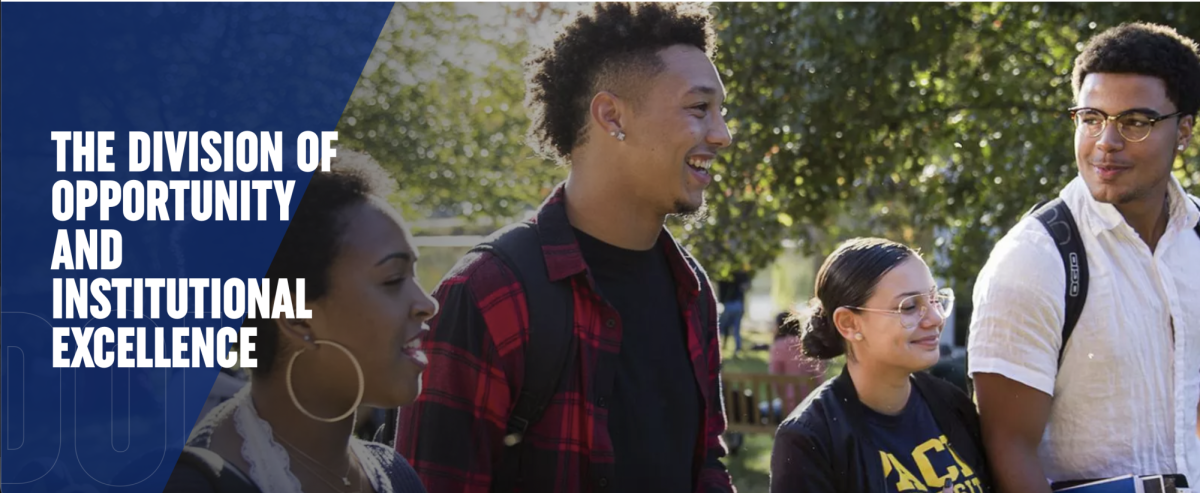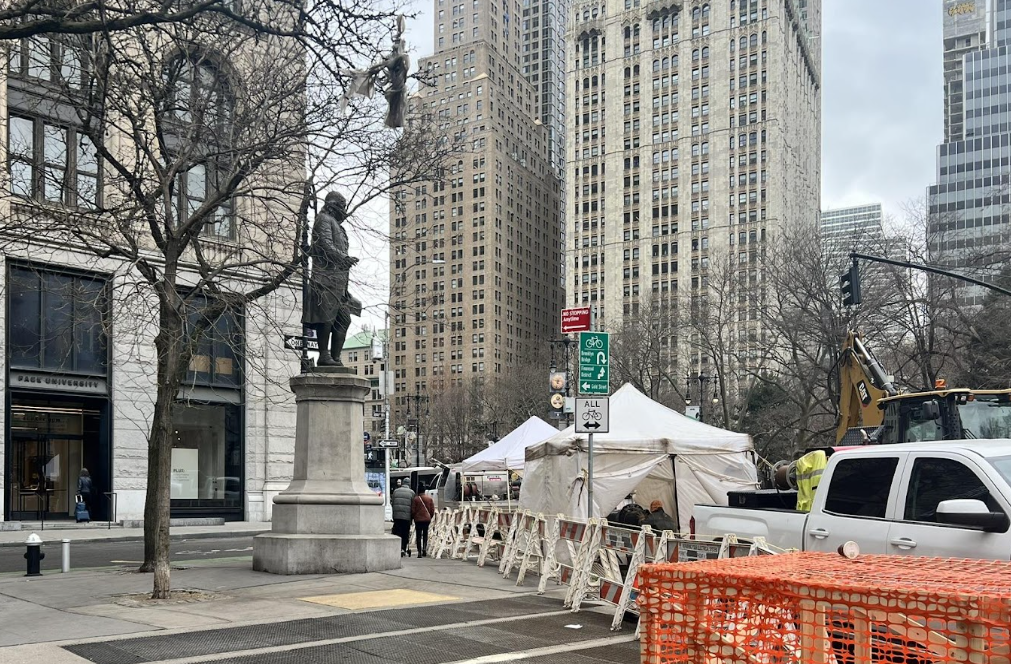The University’s chapter of the Student Veterans of America christened its new space on Friday, April 21, celebrating the accomplishments of its members and the future of the program.
The office on the ninth floor of 41 Park Row was once just ten feet square, but was expanded over spring break to comfortably fit a television, two couches, a bookshelf, and a heap of bean bag chairs. The project was made possible by a $10,000 grant from SVA and Home Depot. The University was one of 50 schools across the country that received the grant in 2016. It came with one caveat, though: the $10,000 was in the form of Home Depot gift cards. Pace SVA worked with the Office of the Provost to fund the labor for the project.
The expanded space is part of SVA’s ongoing effort to integrate veterans into student life. The NYC campus of the University is home to over 275 veterans, a number that has been growing with troops returning home after “the conflict coming to an end,” a phrase that Pace SVA adviser Robert Rahni says with noticeable skepticism. Part of this endeavor is overcoming the stereotypes that people often have of veterans.
“They are much more similar to traditional students than you might think,” Rahni told those in attendance at the ribbon cutting ceremony— a small crowd of students, veterans and otherwise, and several University dignitaries.
Former NYC Chapter President David Cano, who spearheaded the grant proposal, agreed, adding, “We’re normal people. We’re Blacks, we’re Hispanics, we’re men, we’re women, we’re lesbians, we’re gays.”
“We’re not scary,” added chapter President Bonita Rodriguez, to a few knowing laughs.
On behalf of University administration, Provost Uday Sukhatme said, “Pace is very proud of its student vets. Higher administration does what it can to encourage its veteran students [but] we do rely on the very efficient advocacy of SVA and Bobby Rahni.”
The event concluded with the ceremonial cutting of a bright yellow ribbon by Provost Sukhatme, Rahni, Rodriguez, and Cano. The yellow ribbon is often a symbol of support for the troops and gives its name to the Yellow Ribbon Program, which helps fund higher education for veterans.

